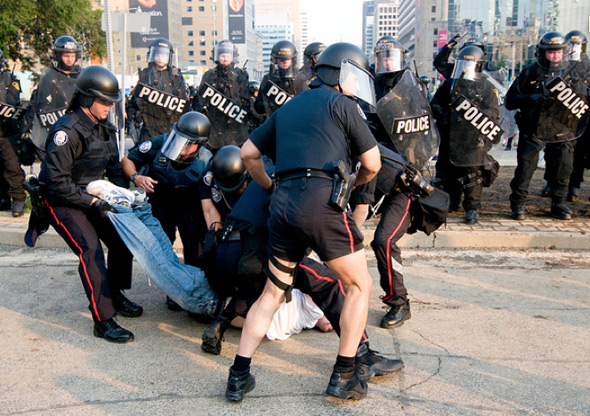httpv://www.youtube.com/watch?v=wDN_TwTrFj8&feature=related
An excerpt from Genet’s only film Un chant d’amour
Today is Jean Genet‘s birthday (1910-1986).
Frye in The Modern Century:
Jean Genet is the most remarkable example of the contemporary artist as criminal: his sentence of life imprisonment was appealed against by Sartre, Claudel, Cocteau, and Gide, and even before his best-known works had appeared, Sartre had written a seven-hundred page biography of him called Saint Genet. Genet’s most famous play, in this country, is Le Balcon. Here the main setting is a brothel in which the patrons dress up as bishops, generals, or judges and engage in sadistic ritual games with the whores, who are flogged and abused in the roles of penitents or thieves. The point is that society as a whole is one vast sadistic ritual of this sort. As the mock-bishop says, very rudely, he does not care about the function of the bishop: all he wants is the metaphor, the idea or sexual core of the office. The madam of the brothel remarks, “They all want everything to be as true as possible . . . minus something indefinable, so that it won’t be true” — a most accurate description of what I have been calling stupid realism. A revolution is going on outside: it is put down by the chief of police, and the patrons of the brothel are pulled out of it to enact the “real” social forms of the games they have been playing. Nobody notices the difference, because generals and judges and bishops are traditional metaphors, and new patrons come to the brothel and continue the games. The chief of police, the only one with any real social power, is worried because he is not a traditional metaphor, and nobody comes to the brothel to imitate him. Finally, however, one such patron does turn up: the leader of the revolution. There is a good deal more in the play, but this account will perhaps indicate how penetrating it is as a sadist vision of society. (CW 11, 57-8)
